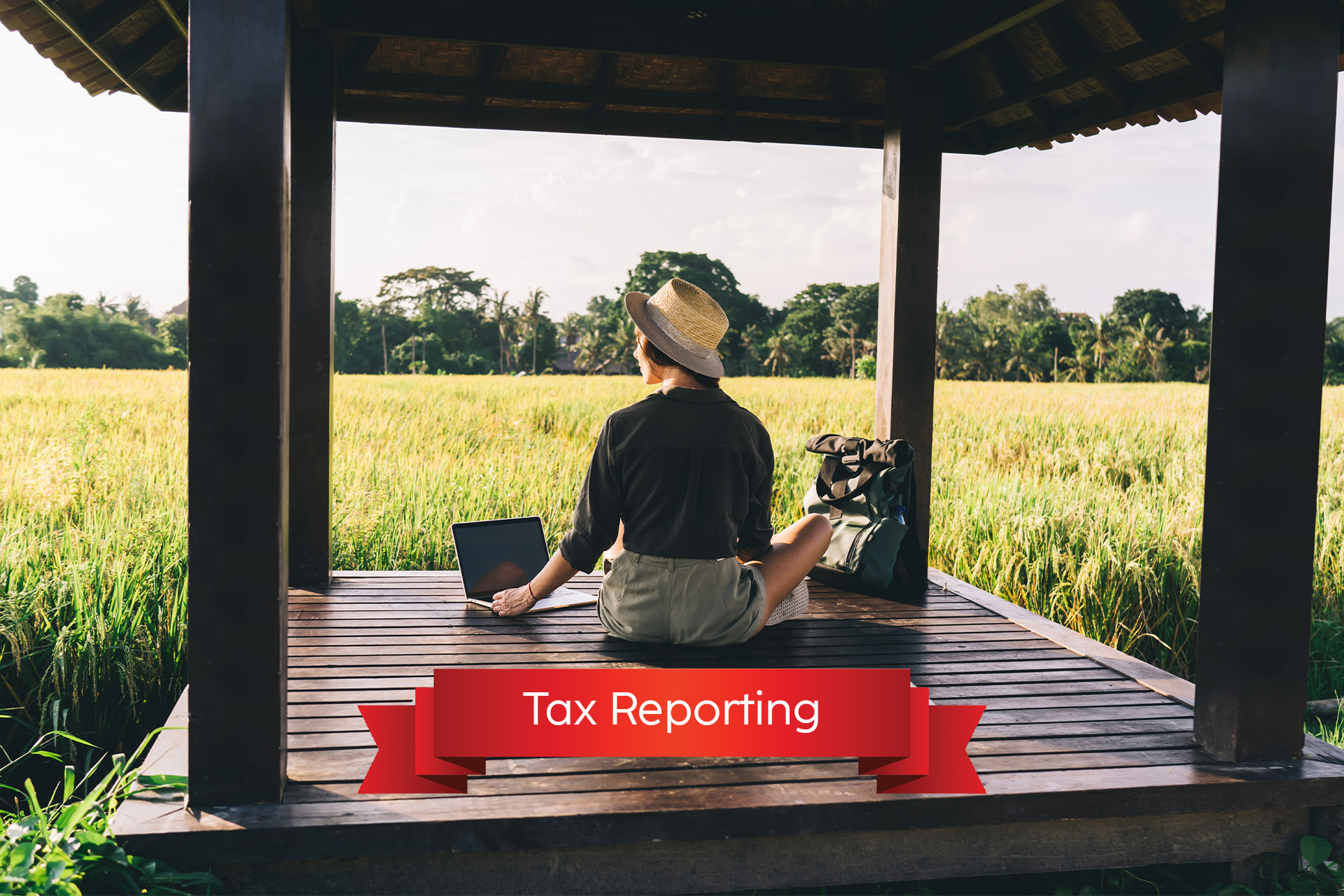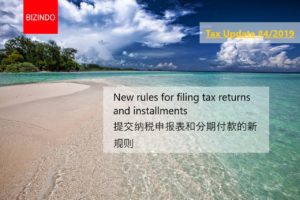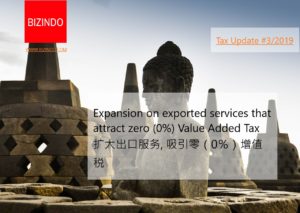The digital nomad lifestyle is thriving in Indonesia. From Bali to Yogyakarta, more remote workers from across the globe are choosing to settle down while staying connected to their global jobs. But behind this growing trend, one question often arises: what about the digital nomad tax in Indonesia? It may look like a life of freedom, but taxes can become tricky if you stay too long. Not to mention the immigration paperwork that needs to be sorted. Many don’t realize that living in this tropical paradise still comes with legal responsibilities. So, if someone works remotely from Indonesia, are they required to pay taxes here? Let’s break it down.
Imagine if you’re sitting by the beach in Bali, laptop open, waves crashing nearby as you dive into work. Sounds like a dream, right? For thousands of digital nomads, this is now their reality. Indonesia, especially hotspots like Bali, Jakarta, and Yogyakarta, has become a magnet for global remote workers seeking a long-term working vacation.
With the digital nomad lifestyle expanding, the Indonesian government has taken action. A special visa, the Remote Worker Visa (E33G), now allows digital nomads to legally stay and work from Indonesia for an extended period. However, despite having a clearer legal path to live and work here, there’s one area many nomads overlook: taxes and administrative paperwork.
Understanding Digital Nomad Tax in Indonesia
Most digital nomads arrive with simple goals: live, work, and enjoy life. But when they stay longer than planned, legal concerns start surfacing. One of the most frequently asked questions is: “If I work remotely from Indonesia, do I have to pay taxes here?”
The answer? It depends.
If you reside in Indonesia for more than 183 days in a year (consecutively or not), you’re legally classified as a Domestic Tax Subject. That means you’re required to have a Taxpayer Identification Number (NPWP) and report all your income, including income from overseas sources.
Read also: Here’s the Impact of U.S. Reciprocal Tariffs on Internet Industry in Indonesia
However, there’s an exception for foreign nationals with specific expertise, as regulated under Indonesia’s Minister of Finance Regulation No. 18/PMK.03/2021. They may choose to only pay income tax on money earned in Indonesia for the first four tax years after becoming a domestic tax resident.
In addition, if the nomad’s home country has a Double Taxation Avoidance Agreement (P3B) with Indonesia, the terms of that agreement may affect their tax obligations. For instance, the P3B between Indonesia and the United States considers factors such as permanent residence and where day-to-day work is performed to determine an individual’s tax status.
Digital Nomad Tax in Indonesia: It’s More Than Just Tax
This issue goes beyond taxes. Many digital nomads are also confused about:
- How to open a local bank account
- Whether they need to set up their own company
- If they’re required to register as taxpayers
- How to report income from international clients
Questions like these can easily overwhelm nomads, especially since Indonesia’s administrative system can be complex—more so if you’re unfamiliar with the language, bureaucracy, and frequently changing tax laws.
And even if you already hold the E33G Remote Worker Visa, that’s only the first step. The visa may allow you to stay and work for up to a year (with renewal options), but it doesn’t automatically cover all your administrative needs.
To live and work comfortably in Indonesia, you’ll need:
- An NPWP (Tax ID)
- A local bank account to receive payments
- Regular tax consultations to avoid misreporting or late payments
- Other supporting documents like lease agreements and domicile letters
If you work with clients from countries like the U.S., U.K., or Australia, it’s crucial to make sure your income reports in Indonesia align with your home country’s tax treaty agreements. If not, you risk being taxed twice.
At the end of the day, the digital nomad lifestyle offers freedom—but that doesn’t mean it’s lawless. And let’s be honest, many who came “just to try it out” end up staying longer and getting caught in piles of documents and unclear legal status. But all of this can be avoided—if you follow the right steps from the start.
Bizindo: Your Trusted Partner for Digital Nomad Tax in Indonesia
Indonesia’s administrative system can be complicated, especially if you’re not familiar with the language, the red tape, or the ever-changing tax rules. That’s why digital nomads planning to stay in Indonesia should fully understand the local tax regulations and assess their tax residency based on how long they stay and where their income comes from.
But don’t worry. You don’t have to do it alone. Bizindo is here to guide you every step of the way. As a trusted partner in business legality and administration in Indonesia, Bizindo has a team of experts who understand the ins and outs of digital nomad tax, how to open local bank accounts smoothly, and how to manage your remote worker visa according to the rules. We also support you with accounting, payroll, and long-term tax solutions—so you can work with peace of mind, live comfortably, and stay legal in Indonesia.
Whenever you’re ready to become an official, stress-free digital nomad in Indonesia, just reach out to Bizindo. We’ll handle everything behind the scenes so you can keep working from anywhere.
You already know flexible living is amazing. Now it’s time to make it secure and legal. Contact us today!





 20% off today. Whatsapp us!
20% off today. Whatsapp us!